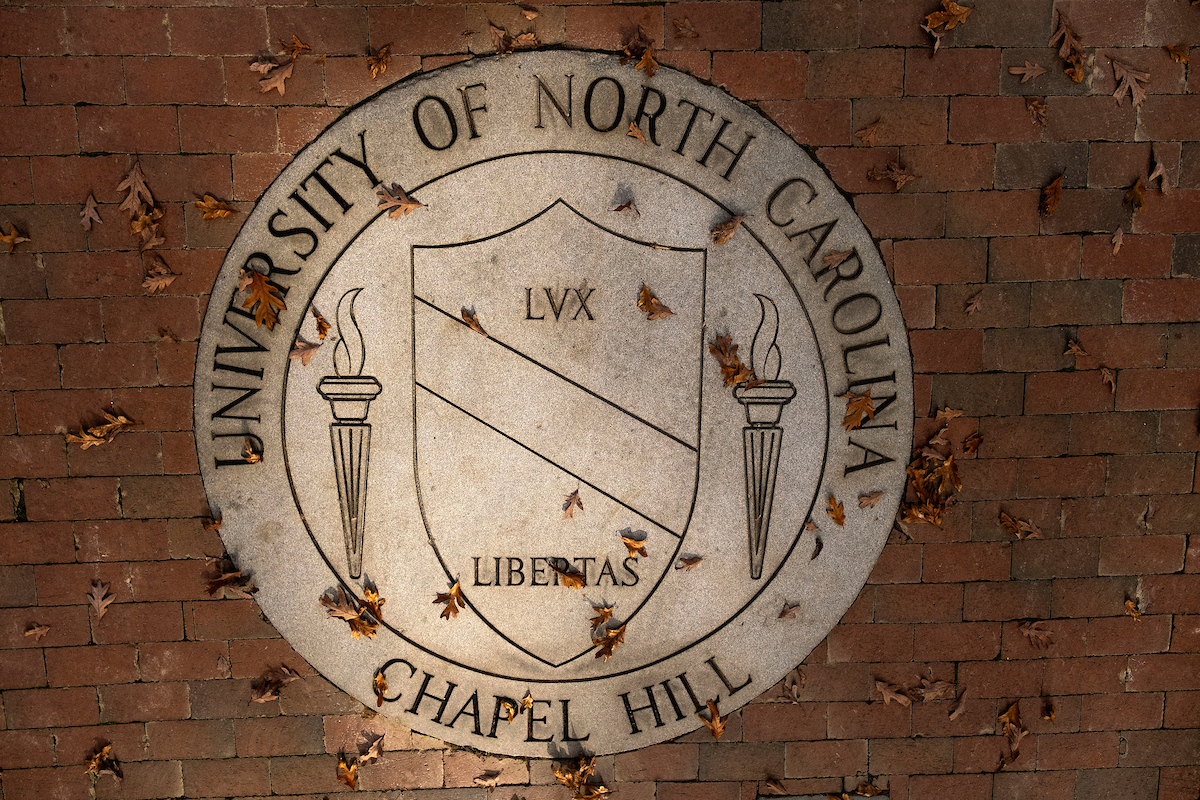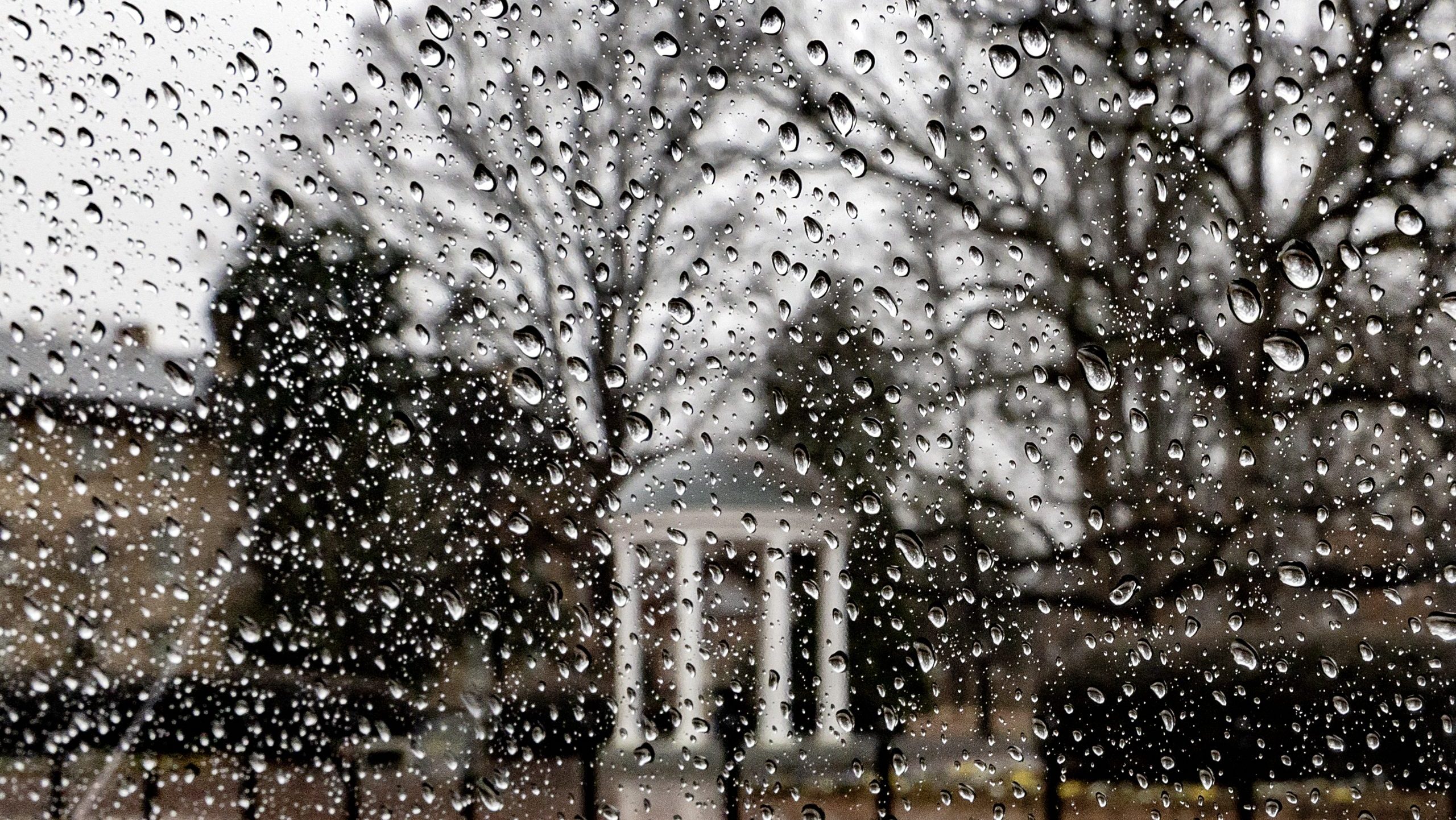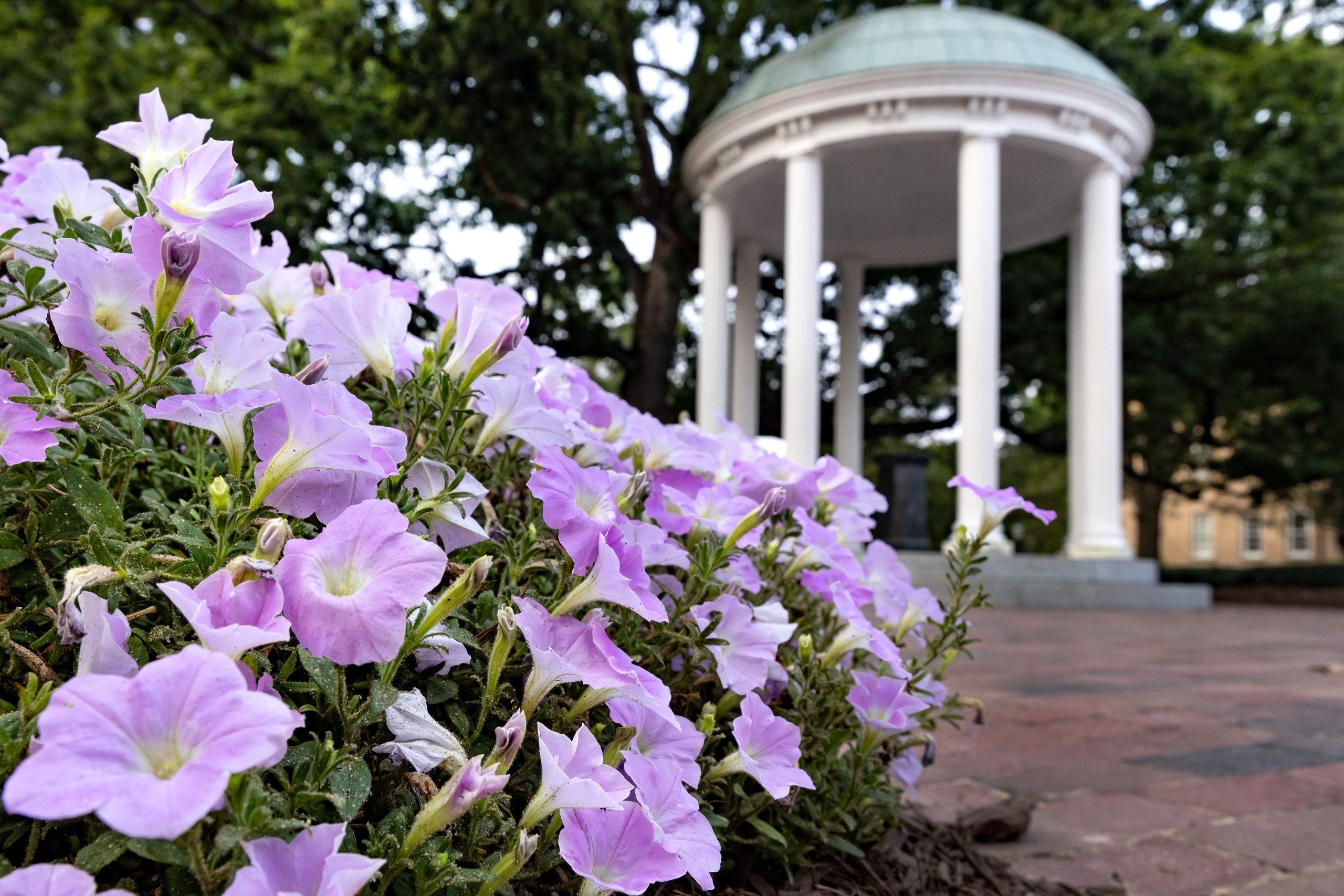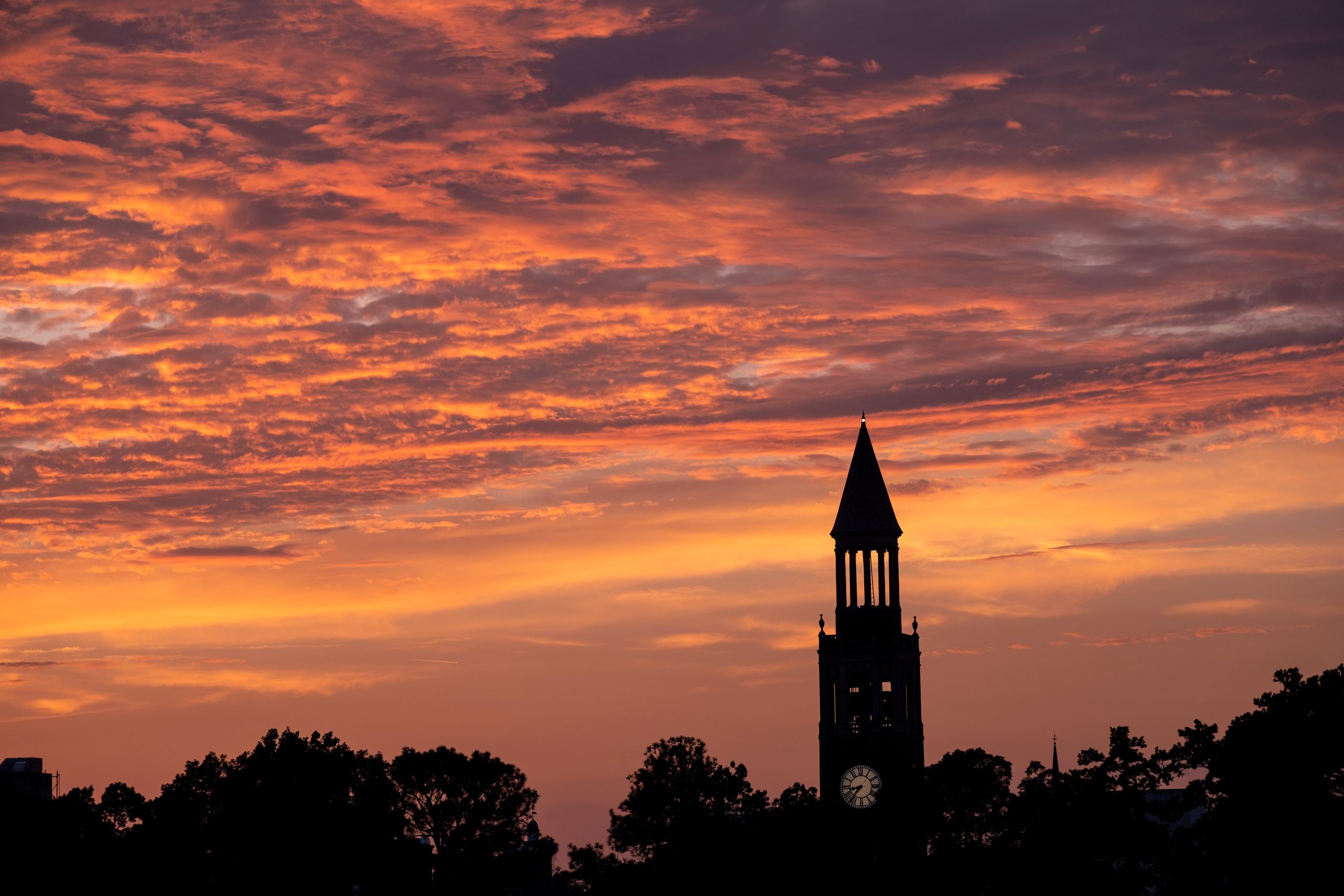Committee set to begin search for UNC-Chapel Hill’s next chancellor

(Chapel Hill, N.C. –– Aug. 1, 2019) The University of North Carolina at Chapel Hill Board of Trustees has formed a search committee to begin the process of finding and recommending finalists for consideration to become the next chancellor of the University of North Carolina at Chapel Hill.
Richard Stevens, chair of the University of North Carolina at Chapel Hill Board of Trustees, will oversee the search committee to find Carolina’s 12th chancellor. Committee members represent the University’s Board of Trustees, faculty, staff, students and alumni.
“As the first public university in the United States, UNC-Chapel Hill has a strong history of more than 225 years,” Stevens said. “As we look forward – at this critical moment in higher education – it is essential to have a visionary leader in place to lead and advance the initiatives of our great University.”
Community members can learn more about the process online. The committee will make recommendations to the full Board of Trustees, which will vote on candidates to recommend to UNC System Interim President Bill Roper. Roper will then recommend a candidate to the UNC Board of Governors, which will elect the new chancellor.
“I welcome the beginning of this process and the formation of this committee, which is comprised of highly qualified and well-respected representatives from the University community,” said Roper. “I am confident that this committee, drawing on input from all corners of campus, will locate the strongest candidates to lead UNC-Chapel Hill into the future.”
In February, Roper appointed Kevin M. Guskiewicz to serve as interim chancellor, succeeding Carol L. Folt.
The committee members are:
- Teresa Artis Neal, Board of Trustees
- David L. Boliek Jr., Board of Trustees
- Anita R. Brown-Graham, UNC School of Government professor
- Haywood D. Cochrane Jr., Board of Trustees
- R. Gene Davis Jr., Board of Trustees
- Douglas Dibbert, president of the General Alumni Association
- Charles G. Duckett, Board of Trustees
- Dr. Shelley Earp, Lineberger Comprehensive Cancer Center director
- Shayna Hill, Employee Forum chair, College of Arts & Sciences Statistics and Operations Research department manager
- James Johnson Jr., William R. Kenan Jr. Distinguished Professor of Strategy and Entrepreneurship, Urban Investment Strategies Center director
- Lloyd Kramer, interim chair of the faculty, history professor, Carolina Public Humanities director
- J. Rich Leonard, General Alumni Association Board of Directors chair
- Ashton B. Martin, student body president, senior
- Patricia Parker, Department of Communications chair, associate professor
- Andrew Perrin, sociology professor, Institute for the Arts and Humanities director, and special assistant to the provost and dean for accreditation and curricular innovation
- Joy Renner, School of Medicine radiologic science clinical associate professor and director
- Terry Rhodes, College of Arts & Sciences interim dean
- Dwight D. Stone, Board of Trustees
- Chastan Swain, Graduate and Professional Student Federation president, 3L, UNC School of Law
Staff supporting the committee
T.J. Scott, executive assistant to the Board of Trustees
UNC System Office liaison supporting the committee
Lynn Duffy, senior associate vice president for leadership development and talent acquisition
-Carolina-
About the University of North Carolina at Chapel Hill
The University of North Carolina at Chapel Hill, the nation’s first public university, is a global higher education leader known for innovative teaching, research and public service. A member of the prestigious Association of American Universities, Carolina regularly ranks as the best value for academic quality in U.S. public higher education. Now in its third century, the University offers 74 bachelor’s, 104 master’s, 65 doctorate and seven professional degree programs through 14 schools including the College of Arts & Sciences. Every day, faculty, staff and students shape their teaching, research and public service to meet North Carolina’s most pressing needs in every region and all 100 counties. Carolina’s nearly 330,000 alumni live in all 50 states, the District of Columbia, US Territories and 161 countries. Over 178,000 live in North Carolina.


